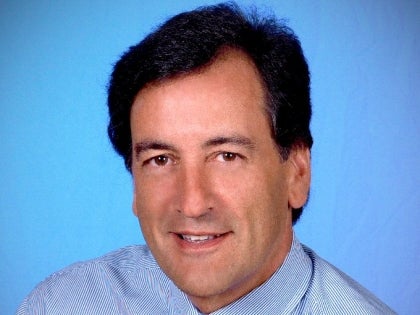
Senate Passes Fuschillo Bill to Close Loophole in State’s Dwi Laws
Charles J. Fuschillo Jr.
March 4, 2010
-
ISSUE:
- Drunk Driving
Bill Would Prevent Drunk Drivers From Using Loophole in State Law to Escape Justice
The New York State Senate today unanimously passed legislation sponsored by Senator Charles J. Fuschillo, Jr. (R-Merrick) which would close a loophole in the state’s DWI laws which is allowing many drunk drivers to escape justice, even if they kill innocent people.
Current state law contains an unnecessary restriction forbidding certain trained medical personnel, such as advanced emergency medical technicians, phlebotomists, nurse practitioners, and licensed practical nurses, from withdrawing blood to determine alcohol or drug content without having a physician present. Drunk drivers have used this technicality in the law to have their blood evidence thrown out and escape prosecution.
Senator Fuschillo, said, “Drunk drivers who cause crashes and claim innocent lives should not be able to escape prosecution due to a technicality in the law. There are numerous licensed health professionals who are fully trained to take blood to determine alcohol content without the presence of a physician. I am pleased that the Senate has passed this legislation, and I urge the Assembly and Governor Paterson to join us in closing this legal loophole and helping law enforcement bring drunk drivers to justice.”
Under Senator Fuschillo’s legislation (S.46-A), the following medical professionals would be authorized to withdraw blood to determine alcohol or drug content: a physician; a registered professional nurse; a registered physician’s assistant; a medical laboratory technician or medical technologist as classified by civil service; a phlebotomist; an advanced emergency medical technician as certified by the department of health; a medical laboratory technician or medical technologist employed by a clinical laboratory; a licensed practical nurse; and a nurse practitioner.
In New York State, there are numerous examples of the ongoing difficulties that law enforcement face in prosecuting DWI cases under current state law. The case surrounding the death of Jack Shea, the patriarch of a three-generation Olympic family who won his gold medals in speed skating in the 1932 Olympic Games, is one of the more well-known examples.
Jack Shea, after whom Senator Fuschillo’s legislation is named, was killed on January 23, 2002 in a collision with the drunk driver near his home in Lake Placid. No doctor was on duty at the small regional clinic where both Shea and the drunk driver were brought for treatment after the crash. The physician’s assistant and the registered nurse on duty treated Shea, the more severely injured of the two, and an emergency medical technician drew the driver’s blood at the request of a police officer. The drunk driver consented, and his level showed a .15 BAC.
Because there was no doctor present, ultimately, the district attorney was not able to use the blood as evidence and the charges against the driver were dismissed. The district attorney appealed the ruling but the Appellate Court felt compelled to uphold the suppression of evidence due to current law. The Appellate Judge, however, called on the Legislature to amend the statute to remedy what they saw as an unnecessary restriction in the law.
Senator Fuschillo’s legislation is supported by the District Attorney’s Association of the State of New York. In a memo of support the Association stated that the legislation was “critical” and would “assist [district attorneys] in the proper prosecution of drunk drivers.”
Kate Hogan, the President of the District Attorneys Association of the State of New York stated that "We are grateful that the Senate has voted to pass this common sense solution to close a legal loophole. We urge the Assembly to do the same as soon as possible. New Yorkers deserve laws that make sense."
Nassau County District Attorney Kathleen Rice, who also supports the law, stated “It is essential that law enforcement have every piece of evidence possible when prosecuting drunk drivers who recklessly endanger innocent motorists. I am pleased that this law is clearing hurdles and look forward to the day it becomes law.”
The legislation has been sent to the Assembly.
# # #


